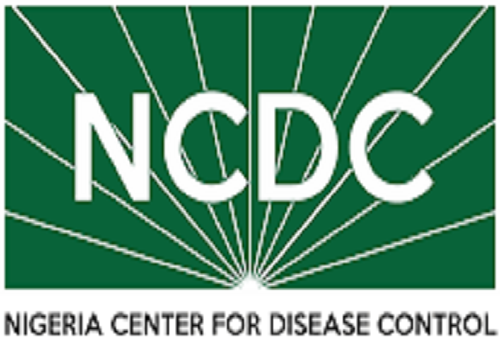Nigeria has recorded 747 confirmed cases of Lassa fever and 142 deaths across 18 states in 2025, according to the latest situation report from the Nigeria Centre for Disease Control and Prevention (NCDC), signaling a continued public health threat with a worrying case fatality rate of 19%.
The figures, captured as of Epidemiological Week 22, show a slight increase in fatality compared to the same period last year, despite a marginal drop in total infections. Fresh cases were reported last week from Ondo, Bauchi, Edo, and Nasarawa states.
The majority of infections—an overwhelming 91%—are concentrated in just five states: Ondo (31%), Bauchi (25%), Edo (16%), Taraba (16%), and Ebonyi (3%).
Victims are predominantly young adults, with a median age of 30 years and a near-equal gender distribution. The most affected age group remains those between 21 and 30 years.
In response to the outbreak, the NCDC has ramped up national containment efforts. “We remain vigilant and continue to coordinate response activities through our multi-partner, multi-sectoral Incident Management System,” the agency said.
As part of its intervention, the NCDC has:
Deployed 10 National Rapid Response Teams to high-burden states;
Supplied Personal Protective Equipment (PPEs), Ribavirin, and body bags to treatment centres;
Collaborated with partners such as the World Health Organization (WHO), Robert Koch Institute, Georgetown University, and DRASA Health Trust to strengthen frontline capacity.
Key achievements include:
Training of health workers in Bauchi, Ebonyi, and Benue States on Lassa fever case management;
Launch of a national IPC e-learning platform to boost infection prevention and control in healthcare settings;
Organization of sensitization webinars for clinicians and public health officials;
Distribution of updated Viral Haemorrhagic Fever (VHF) guidelines across hospitals nationwide.
The NCDC noted that infection prevention and control structures in hospitals have also been reinforced to reduce nosocomial (hospital-acquired) transmission.
Nigerians, particularly those in high-risk regions, are advised to take proactive preventive steps, such as keeping homes rodent-free, storing food properly, and maintaining personal and environmental hygiene.
“We continue to enhance surveillance, contact tracing, and active case finding, while sustaining community awareness on Lassa fever prevention,” the NCDC emphasized.
Lassa fever, an acute viral hemorrhagic illness, is primarily transmitted through contact with infected rodents or contaminated household items. With the rainy season intensifying, public health experts warn that environmental conditions may increase the risk of transmission in the weeks ahead.
The NCDC has urged state governments, community leaders, and healthcare providers to remain alert and ensure prompt reporting of suspected cases, as Nigeria continues its battle against one of its deadliest recurring outbreaks.

